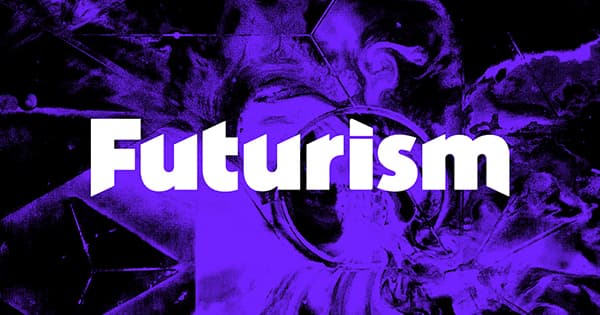- The authors discuss how the birth of such neurons may help animals and humans adapt to their current environment and circumstances in a complex and changing world. They advocate for testing these ideas using naturalistic designs, such as allowing laboratory rodents to live in more natural social burrow settings and observing how circumstances such as social status influence the rate at which new neurons are born.
- The birth of new neurons in adulthood may have important behavioral and cognitive consequences. Stress-induced suppression of adult neurogenesis has been associated with impaired performance in spatial navigation learning and object memory. In contrast, rewarding experiences are associated with reduced anxiety-like behavior and improved performance on cognitive tasks involving the hippocampus.
- Gould and her collaborators recently proposed that stress-induced decreases in new neuron formation might improve the chances of survival by increasing anxiety and inhibiting exploration, thereby prioritizing safety and avoidant behavior at the expense of performing optimally on cognitive tasks. Reward-induced increases in new neuron number may reduce anxiety and facilitate exploration and learning.
Share This Article
